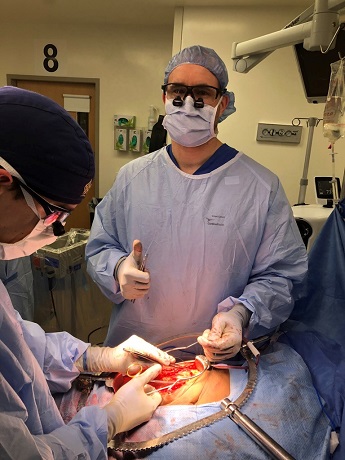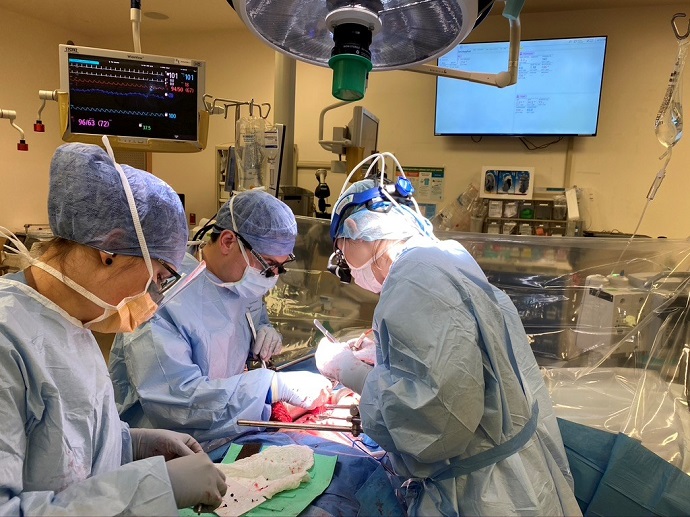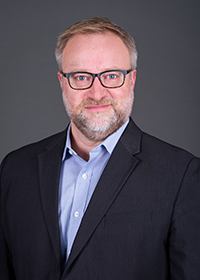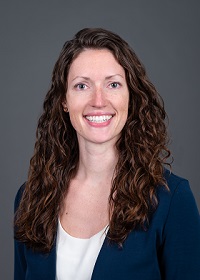Transplant and Hepatobiliary Surgery Fellowship
The OHSU ASTS-certified Transplant and Hepatobiliary Surgery Fellowship program is designed to draw from the multidisciplinary strengths of faculty members in abdominal organ transplantation, multiorgan procurement, hepato-pancreatico-biliary surgery as well as surgical oncology. The aim of our fellowship is to provide outstanding clinical training in transplantation with broad exposure to the essentials of deceased donor procurement of liver, kidney and pancreas grafts and the recipient procedures for these organs. In addition, fellows will meet requirements for certification in living donor nephrectomy and specialty training in Hepatobiliary surgery. A core faculty of 7 surgeons are dedicated to providing a complete, well-rounded, and rewarding fellowship experience.
The joint programs at OHSU and the Portland VA Medical Center (PVMAC) serve as the only multi-organ transplant programs in the state of Oregon. The OHSU transplant program has a history spanning more than 60 years, and performed the first kidney transplant on the West coast. We are committed to training superb technical surgeons who have the judgement and leadership skills necessary to make significant contributions to Transplant and HPB surgery. Our approach is one centered on an apprenticeship model, and we look forward to having fellows as members of our clinical faculty. Kidney, pancreas and liver transplant candidates and recipients harken from Oregon, Southern Washington, Idaho and northern California to the OHSU program, and west of the Mississippi for the PVAMC program.

The clinical transplant services are divided into two primary services at both OHSU and the Portland VA Medical Center (PVMAC): Kidney/Pancreas and Liver/HB. In the first year of the fellowship, the fellows will spend 6 months total on the Kidney and Pancreas transplantation (KP) service, and 6 months on liver transplantation/HB surgery. Throughout this time fellows will participate in the care and evaluation of HB patients and perform cases when not in conflict with other duties. The second year will have 6 months of Liver/HB, 3 months of KP and 3 months of dedicated HPB. Donor procurement responsibilities will be concentrated during the K P rotation blocks.
Fellows will begin their experience on the KP service. During this first 3 months of fellowship they will perform deceased donor procurement with attending faculty mentorship. In keeping with our training philosophy, a gradual autonomy will be developed by the fellow; once the faculty deem them ready to perform the procedure independently, fellows will do so with assistance from either residents or PAs.
During the initial 3 months of training, in addition to KP transplantation and associated back bench organ preparation, fellows will perform the back bench portion of the liver transplant with the procuring attending, as time permits. The goal is to achieve independence in back bench organ preparation, when they are deemed to have achieved technical competency and sound judgement in these procedure. Fellows will perform the majority of the kidney transplants and all SPKs. They will also perform all pediatric kidney transplants at the Doernbecher Children’s hospital. As their experience and independence develop, fellows will lead junior residents through routine kidney transplants with attending support. The program performed over 200 kidney transplants in the past fiscal year combined between OHSU and the PVAMC, ample volume to support the integration of a transplant fellow without compromising the resident experience. We expect the fellows to lead resident teaching in the operating room as well as on the wards and in didactic sessions.

The Liver/HB service consists of a single program encompassing both centers (OHSU and PVAMC). A total of a 2-4 month rotation on the Surgical Oncology service over the 2 year fellowship is also included. The HB component also remains strong at both centers and encompasses the full spectrum of both benign and malignant hepatobiliary cases. Historically, graduates from the HPB surgery fellowship have graduated with approximately 300 major cases, and the two most recent fellows who completed our HPB program finished with 71 and 78 liver transplants, respectively. In fact, over the past 5 years every finishing fellow has met ASTS volume metrics for liver transplant and HB surgery certification. Integrated into the HB experience are rotations on the Surgical Oncology service, with a focus on multimodal treatment of colorectal liver metastases, cholangiocarcinoma, gall bladder cancer, pancreas cancer, and exposure to robotic surgery.
OHSU’s transplant/HB surgery division is well supported by both the general surgical residency and the urology residency. One or two interns rotate on service monthly, and provide assistance in the operating room as well as perform critical ward duties. Two junior level urology residents spend 3 months each on the KP service. One 3rd or 4th year general surgery resident is present on service for 6-week rotations. In addition, the surgical service has two physician assistants who see clinic and ward patients on the liver service, assist with discharges and arrange follow up, and occasionally assist with procurements if necessary.
The solid clinical support structure which is well established at our center(s) and enables the fellows to participate in productive clinical and translational research projects. Administrative support exists for IRB, statistical analysis and data management. Importantly, the fellow will have at least 2 half days free on most weeks whether they are on the KP or Liver/HB rotation to work on academic pursuits including research and CME. Fellows will be expected to present at one national meeting annually, with financial commitment and time for travel dedicated to this experience (and will not count against days off). For more information, visit our listing on the ASTS website (https://members.asts.org/accredited-programs).
OHSU is located in one of the most exciting, accepting, and beautiful cities, Portland, Oregon. We are within an hour’s drive of the mountains, and almost equidistant to one of the most breathtaking coast lines in the US. Whether you are looking for amazing restaurants and the arts or want to explore the rainforests of the Pacific Northwest, Portland and the surrounding communities offer endless opportunities to explore.
Program Director

C. Kristian Enestvedt, M.D., is the Program Director for the Transplant and Hepatobiliary Fellowship and Professor of Surgery with the Division of Abdominal Organ Transplantation. A graduate of Northwestern University, Dr. Enestvedt completed his Internship, General Surgery Residency, and Fellowship in HPB Surgery at OHSU, and his Fellowship in Abdominal Organ Transplantation at the Hospital of the University of Pennsylvania and Children's Hospital of Philadelphia. Dr. Enestvedt has interests in clinical and basic science research related to ischemia/reperfusion, complications in transplantation, new techniques in hepatic surgery, and outcome analyses.
Associate Program Director

Alexandra Bolognese, M.D., Ph.D., joined the OHSU team in 2022. She specializes in liver, kidney, and pancreas transplantation. She was inspired to pursue a career in transplant surgery after witnessing the dramatic way in which organ donation impacts the lives of transplant recipients, donors, and their families. She is interested in raising public awareness for organ donation, maximizing organ utilization, expanding access to transplant services, and mentoring medical students and residents.
Outside of the hospital, Dr. Bolognese enjoys yoga, ballet, and exploring the Pacific Northwest with her husband, James.